Curtains! Not a scintillating topic. Except why do I need curtains? And why have I spent fifteen minutes out of the last several days trying to get them back from the place I left them, and why do I leave empty handed, the smell of burnt coffee in my nostrils, as I placate my frustration by purchasing a cheapish mango before heading back home, tote bag suspiciously free of curtains.
I cannot have my curtains because it is February. And February is when most of Chile comes to a screeching halt. Even the estallido social, as we have come to call the civil unrest that started on October 18th has mostly stalled out, though not completely, and there are still daily skirmishes around what used to be the Baquedano Metro. I say used to be because although the entrances are still there, you can neither enter the metro there nor change train lines underground, which puts more than a wrench in many people’s commute. It has also had a chilling effect on nightlife in Bellavista and general getting-aroundyness. Since I got back to Chile in November, I have taken the metro only a few times, mainly biking around, and semi-begrudgingly carrying my bike up the stairs to my new walk up apartment.
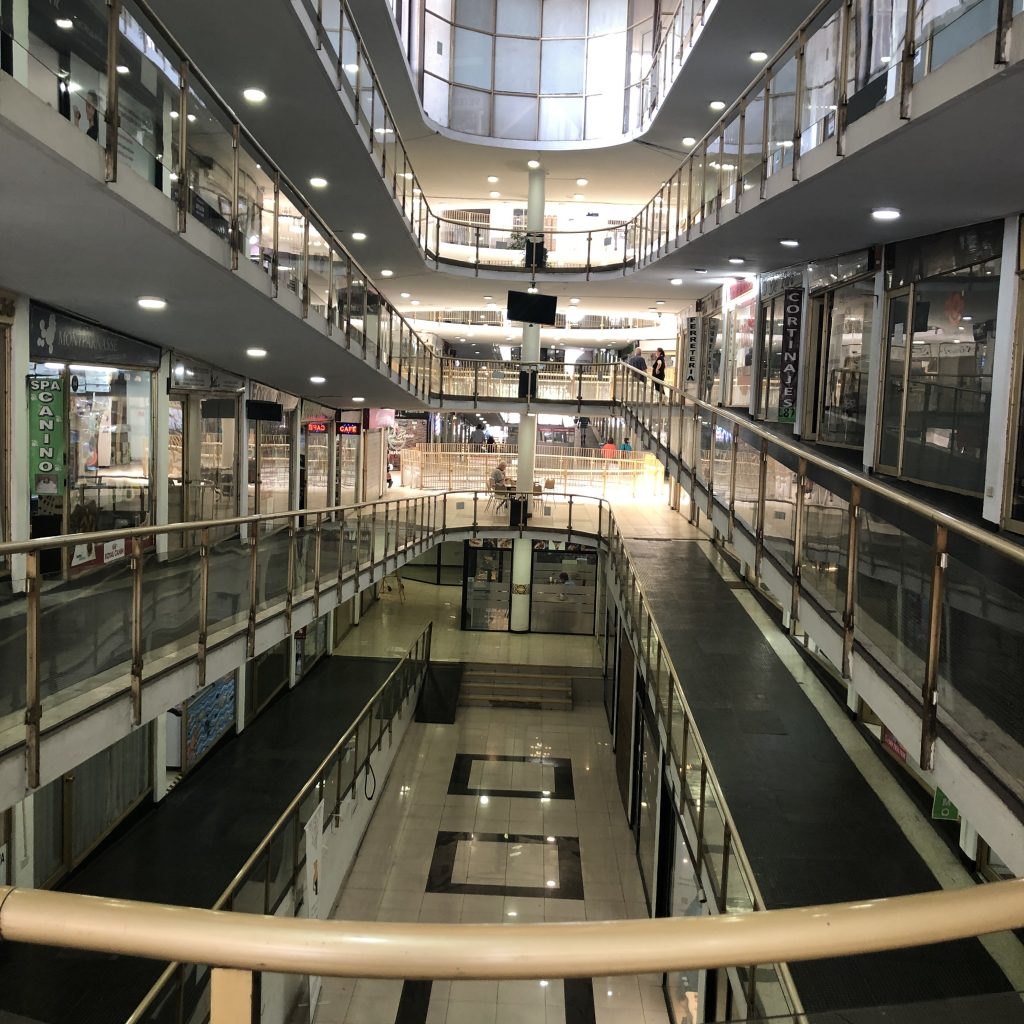
I walk through the centro comercial, an arcade, or old-school mall routinely referred to as a caracol (snail), because of the way it is arranged, in a loose spiral that winds up to the fourth floor, lined with all manner of shops. Computer repair, batteries, sporting goods, more hair cutteries than you might think could be profitable in close proximity to one another, a yoga and crystals shop, supplies for the sick and infirm, and the place where I brought my curtains a week ago to be hemmed.
The new walk-up apartment close to the caracol is where I need the curtains for.
You see, in late 2018 (remember then?) I started to look for apartments to buy. It was mostly easy to leave my perch in República that I had lived in for eight years. There was ongoing water damage, and all of those years of occasional social unrest and teargas and broken glass and a general getting-olderliness (me, not the neighborhood, though I suppose both) made me want to move. For years I had been tanteando (weighing the pros and cons) of buying an apartment, and part of me suspected that when I did, I would leave downtown. That part was harder.
Since 2004, I have lived in downtown Santiago. First on Monjitas and Miraflores, which is now the fashionable Bellas Artes district, but when I lived there was a bit rougher around the edges. Then I moved to a classic old building in Barrio Brasil, where the elevator kept me awake at night, with its whirring and clicking and where the 2010 earthquake found my stuff (I was on a trip to New Zealand). It was easy to leave there, after I was assaulted on the street one night (but lived to tell the tale, and ended up smashing the assailant’s MP3 player, fun times). From there I moved a few blocks south to República, where I had such an amazing view and blond parquet floors, and I learned to rollerblade, and felt with every cell of my body that I belonged there, and that is a sought-after sensation, and so I stayed. Also, though at last count I have moved more than 20 times, I am slow to make decisions, and so even after I more or less decided to move, it took me a long time to get out of there.
And when I decided to buy an apartment after 15 years in Chile, I looked hither and yon. I wanted something built solidly, but in good shape. In a quiet neighborhood, but with good transportation. More trees, a nearby plaza. Little chance of obtrusively loud neighbors. Easy availability of free-range eggs and maybe feta (these things now being available in parts of Santiago). I looked at several places downtown, including one time at an amazing apartment with herringbone parquet floors and a wraparound balcony, but the front gate was held together with a padlock and the street felt too dodgy for me and my bike when I visited at 9 PM, then 11 PM and then 1 AM just to see what it was like. A few weeks later, I fell in love with an apartment in Providencia, the expected landing spot of middle-class foreigners to Chile, and which I had always avoided.
I battled for months with myself about the change in identity that I might feel by abandoning the city center, even as I felt my own identity shifting for reasons bigger than a neighborhood. For one thing, in 2018, the Chilean cookbook I was co-writing with the talented Pilar Hernandez found both an agent, and then a publisher. Belonging to Chile didn’t seem as performative, or as neighborhood-based as before. I wrote a cookbook, therefore I belonged.
Another shift, and far less joyous reason than the book was that it was clear to me that when I left my apartment on Vergara in República right at the Los Héroes metro, that I would be leaving behind the last apartment of mine my mother would ever see. Her health was failing, and I knew she would not make another trip to see me in Chile.
In late March of 2019, standing on a corner near the Tobalaba metro, the real estate agent handed me a set of keys. I photographed them and sent the photo to a few friends. I had last bought a house (with an ex) in 1998, and that was in the United States. This time it was just me. I asked for (and paid for) help, mainly in the form of a friend of mine who is a contractor, who I met on a long-ago trip to the Carretera Austral. There were repairs and remodeling, and I learned the word plafón for a circular light fixture that is installed flush to the ceiling, and I had fights with the metro people about trying to take long, metal curtain rods on the metro (I won), and so many trips to home deco stores, where standard curtains are sold in floor-to-ceiling length and I have a couch under one of my windows, and that’s annoying.
In May, shortly after moving in, I went to Houston to work on the cookbook, and later to North Carolina, to see my mother who still had high hopes of coming to visit me in Chile, but it seemed even more unlikely than before, if not only because my apartment is in a walk-up. Still, we talked about how she could come visit “when she got better.”
I spent my first winter in my apartment roasting vegetables, and finishing up details on the place, and forging my way in a new-to-me neighborhood and learning the bus lines and finding the new ferias, and enjoying the smallish room that I had chosen as an office, as it heats up very well with the infrared heater. I ignored the way my curtains pooled on top of the couch in that very same room, figuring I would get them hemmed someday. Time was tight, with book editing and a whole lot of work, and some not-so-minor on-the-ground crises here that I will not go into detail about. On my trip in May, I had brought back one of the few possessions I still had at my mother’s house, a large crocheted window-pane afghan. She had made it nearly 20 years prior, and I had never made space for it in my limited luggage space on trips back to Chile But this time I did. I put it on my living room couch and took a picture of it to send to my mother with the subject “gloomy day in Santiago, splash of color.” She wrote back “The afghan looks lovely in its new home!”
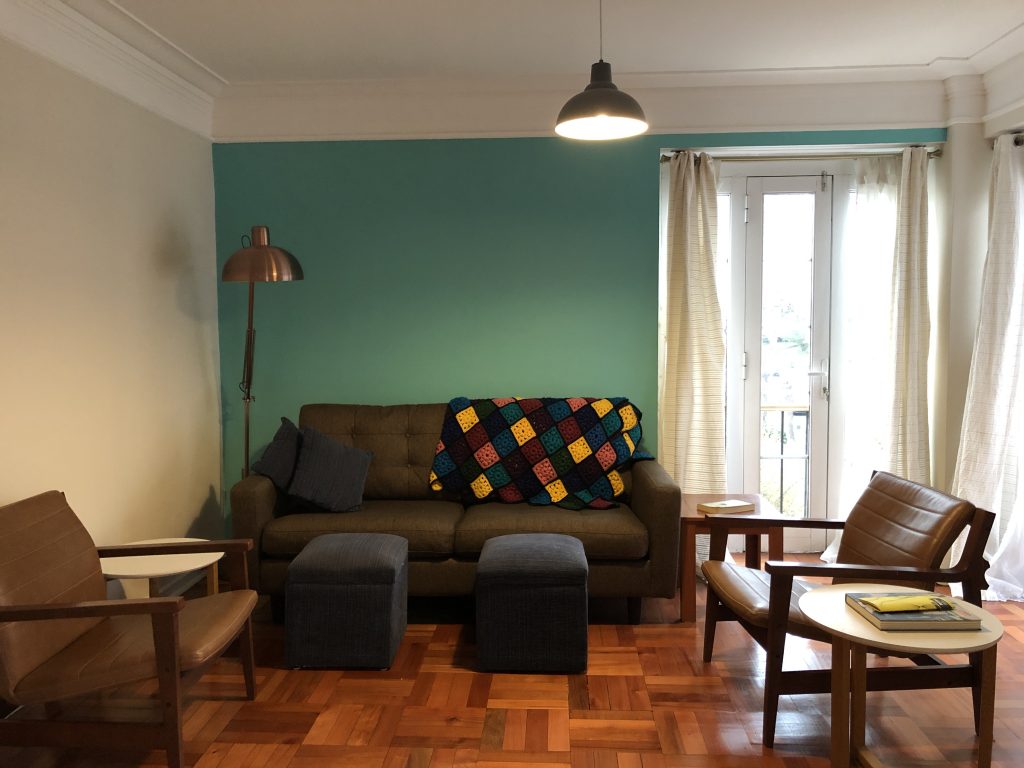
Come Chilean spring, I went back to the United States, and enjoyed brief glimpses of fall in Boston, where my niece goes to college. It was on my second-to-last night of that part of the trip that the shit hit the fan in Chile, with what first was called “Chile despertó” (Chile awakened) and then was called various things, depending on people’s politics. The neutral term that has stuck has been the “estallido social” which means more or less “social outbreak” but it’s important to know that the word “estallido” is also part of the Spanish term that means “the big bang.” The beginning of a new universe.
I knew two things immediately: first that when I finally came back to Chile, it would be a substantially different country than the one that I had left and second, that my leaving downtown, and specifically not buying an apartment near Baquedano (which I had considered) was fortuitous in a way I could not possibly have imagined.
I said goodbye to my sister and her family in Boston, and boarded a plane for North Carolina, where my mother’s situation was not good. I had a few days of semi-normalcy with her, but then there was a swirl of events with an ER visit, ICU admission, eventual discharge and later, hospice care. I called my sister who flew from San Francisco faster than I thought possible, and we stayed there together in our mother’s house until eleven days after she died.
Everyone told me to stay outside of Chile for longer, that rioting and violence and unspeakable police abuse (seriously, do not google it) would make me miserable. In foreigner circles, information about it being illegal for us to participate in any protests made the rounds.
There is too much here in the emotional center to explain in a post about curtains (remember the curtains?) about what it is like to have your adopted country appear to come apart at the seams and your only remaining parent die within weeks of each other. It has taken me nearly ten years to write a memoir about my father’s death (will be shopping that around come March, inquiries welcome), so I am in no position to tie up these personal and public crises with a pretty bow at the moment. It will take time, if ever.
People have written a lot about the stages of grief, and I’m not arguing with them. But I’ve developed another scale, I believe it to be applicable to all kinds of loss. It is not so much progressive, as it is more evaluative. There are moments when you are doing not even the essential to keep yourself running. Not eating right, not enough sleep, self-care a distant memory. Then there’s a magical moment when you start doing the essentials. You eat nourishing food, the right amount. You shower and sleep. The grit on the sandpaper that is your daily existence goes down a notch. At another moment, there’s essentials plus, a beautiful, watershed moment when you start to tentatively grow, just a little bit, beyond who you were before the thing happened. You buy a thing, rearrange a room. You get your damned curtains hemmed.
I have spent a lot of time in my new apartment since I got back. Some plants died and the aloe persists, and my fifteen-year-old goddaughter has come by and we’ve cooked lunch and talked and laughed and mulled over her upcoming move (with her family) to Peru. And a hundred days after my mother died, and one hundred and sixteen days since the beginning of the estallido social I had an essentials plus moment, and said enough is enough with the floor length curtains, and I found the laughably tiny allen wrench to unscrew the finial and pulled down the curtains off the hard-fought metal curtain rods and brought them to the lady in the caracol who told me I could have them back the next evening. But every time I go there, the shop is closed. This is presumably because it’s February, or maybe I’ve been gotten in the great curtain heist of 2020.
I am getting to know this part of Providencia, getting to know my local caracol, getting to know the guy who sells fruit next door to my local supermarket from a stand, getting to know a new Chile, which you can expect to see in the news again come March when everyone is back from vacation and we have another wave of important protests. Perhaps by then I might get my curtains back. Or perhaps not.
So yeah, I’ve had some things going on. Please pardon my absence. I’m working on all of it.
Pre-order the cookbook here on indiebound or amazon.
Sign up for book updates on our webpage. (click join).

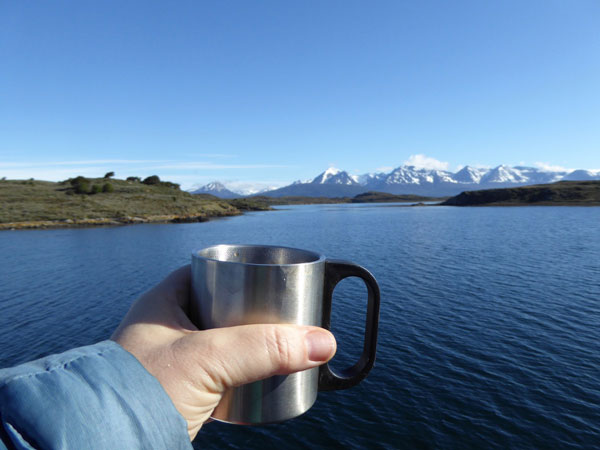
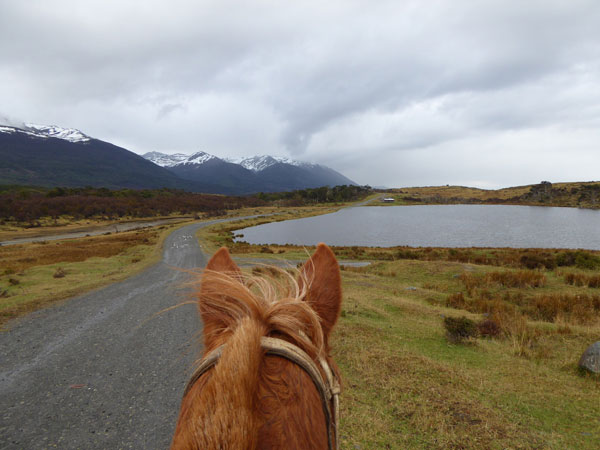
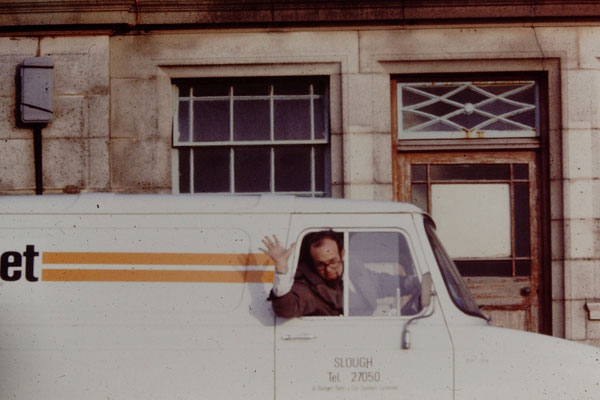
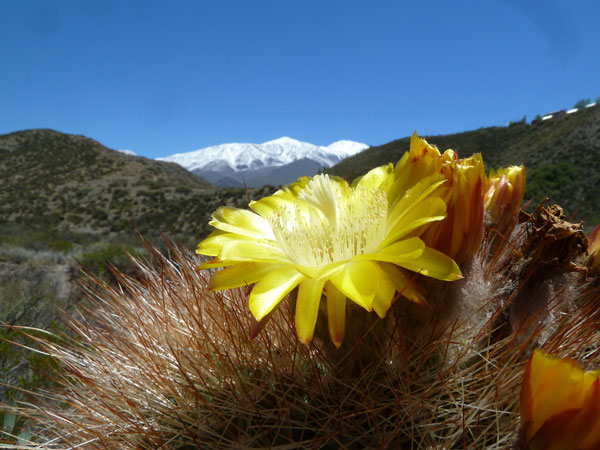
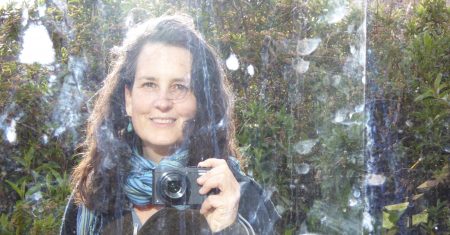
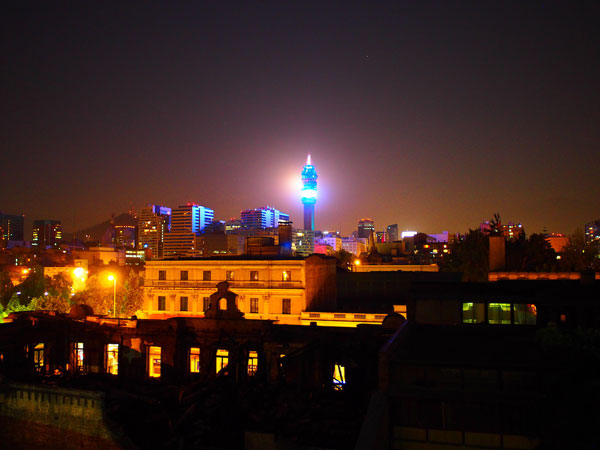
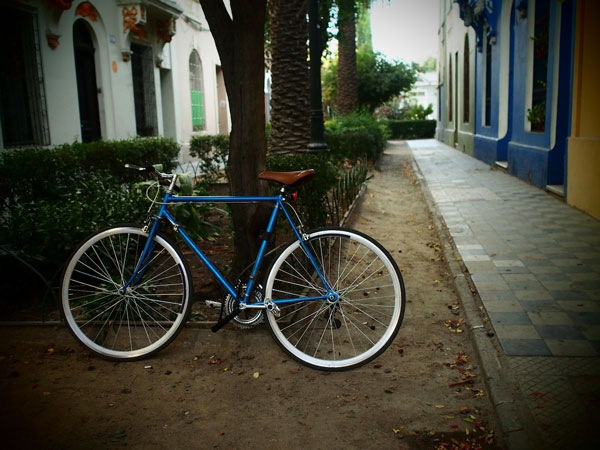


I really enjoyed reading this!